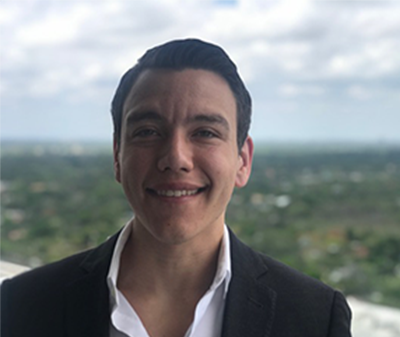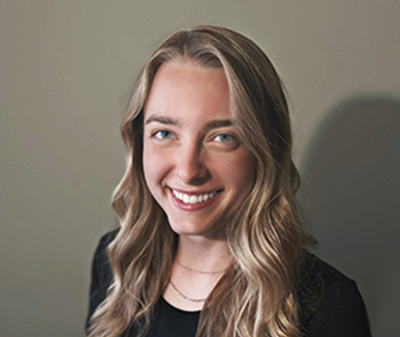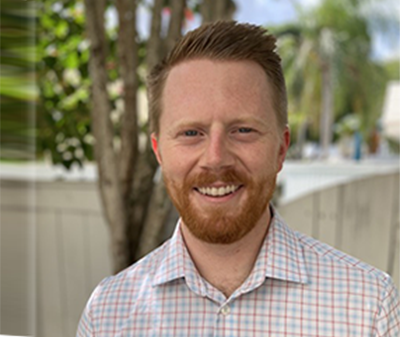
Joseph Bonner

Kylie J. Courtney
Alexander J. Calder
Ph.D. student in Counseling Psychology
POSTER PRESENTATION #2
Natural Recovery from Substance Addiction: Implications for Clinical Practice

Addiction currently affects more than 14% of people ages 12 and older in the United States. The fact that substance addiction can be a persistent problem in people’s lives has led to the contestable claim that addiction is a chronic, relapsing brain disease that can only be overcome through specialized treatment. Estimates from the Substance Abuse and Mental Health Services Administration suggest that around 94% of people with an addiction in 2020 did not receive formal treatment. Fortunately, many people have overcome addictions to a variety of substances without any treatment, a phenomenon called natural recovery. National prevalence estimates of natural recovery suggest that 25% to 40% of people who experience alcohol use disorder recover naturally; research on natural recovery from addictions to other substances suggest that the average course of addiction only lasts somewhere between five and 11 years. Surely, this contradicts the notion of a chronic, relapsing brain disease. Research has revealed that social relationships enable natural recovery by creating a context in which a person is able to integrate or reintegrate into social groups that are held together by something other than substance use. The purpose of this presentation is to explore the implications of natural recovery for addiction treatment, with special emphasis given to social relationships. Understanding the differential contributions of specific kinds of relationships, and of various configurations of such relationships, may help develop profiles of conditions that conduce to recovery, with or without treatment, and provide more accurate estimates of trajectories of recovery.
Authors: Alexander J. Calder
